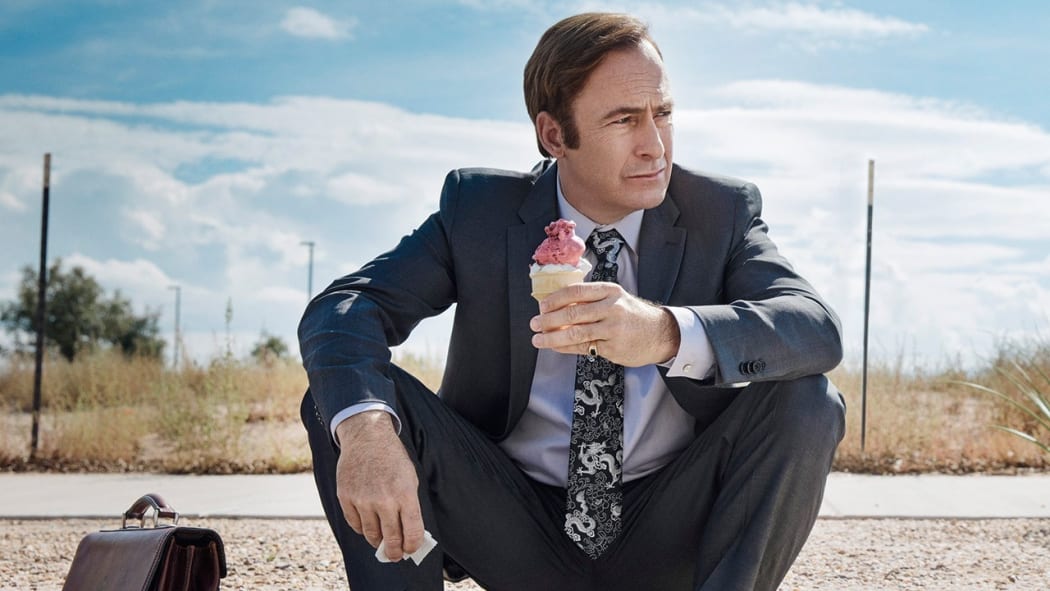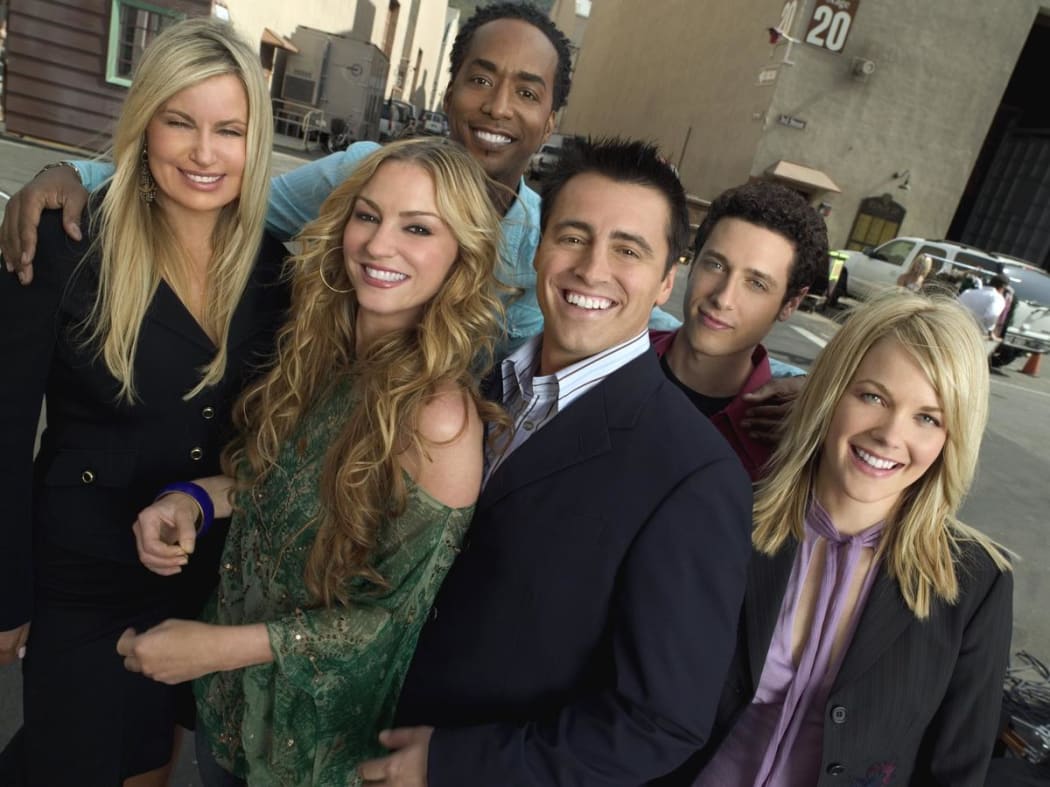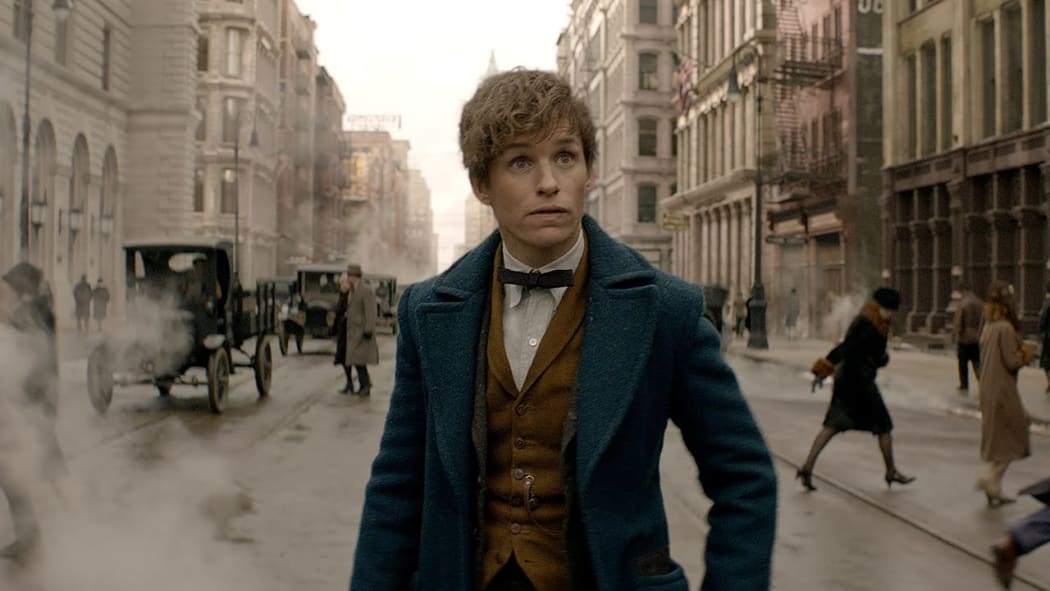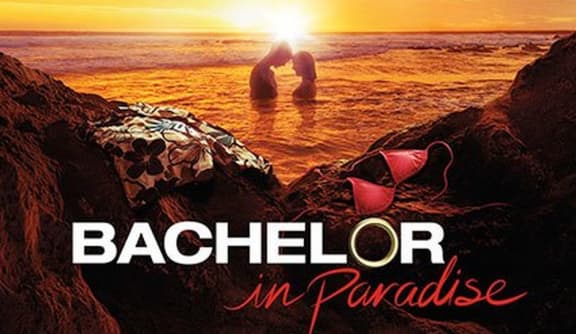What makes a spinoff good, bad, or just blah? Can you build something new and glorious around a fan favourite character or will they lose what makes them special, if they take a starring role?

Spinoff gold Better Call Saul. Photo: AMC
What differentiates the Frasiers of this world to one season wonders such as The Tortellis? Both shows were spinoffs of Cheers. One was one of the biggest sitcoms of all time, and one well... wasn't.
RNZ’s The Weekend asked Rob Kelly, formerly of Scoop, now at Unity Books and Wellington radio station Radioactive, as well as Alex Casey who writes about TV and film for the New Zealand Herald, Flicks, and aptly enough The Spinoff, to give their opinions about which spun off properties were a success.
Alex is quite enthusiastic, in general, about what a spinoff could be but the initial announcement and an eventual viewing of The Office full length feature film spinoff David Brent: Life On The Road left her nauseous.
“Ricky Gervais should never have done this. Without writing partner Stephen Merchant, or any of the other beloved characters of The Office, it was immediately abundantly clear that Brent without The Office is just a terrible walking catchphrase”.
Rob tends to be hesitant about the potential of spinoffs.
“I’m so afraid of what they’re going to hurt. You’ve got these treasured characters. Spinoffs that work well tend to work well in developed worlds but sometimes a world’s not very developed, just one or two characters are. They take that tiny segment of that world, that you thought was really nice, and show you how completely vacant the rest of it is”.

Friends spinoff Joey. Photo: NBC
Over the years Friends spinoff Joey has become an archetype of the bad spinoff. Seemingly it was a case of the spinoff’s creators not realising what people fell in love with on Friends.
“The clue is in the title.” says Alex. “Friends! If you take the friends away you’ve just got a nightmare. Friends existed because of those characters and their combinations. It wasn’t about the world, it wasn’t about the broader Friends universe”.
If there was going to be a Friends spinoff it does seem odd that the relatively one dimensional Joey character was the one to carry it.
"It seems crazy they didn't give the spinoff to Chandler and Monica. A classic example of removing the Jenga pieces and the whole thing tumbling down," says Alex.
Cheers spinoff Frasier succeeded where Joey couldn’t by finding a clear new tone of its own, as well as characters that resonated.
“Although the show is called Frasier it’s really not so much about him, it’s about his relationships with other people. Most good television fiction is about relationships,” says Rob.
That would include the audience’s relationship with Kelsey Grammer’s take on Frasier Crane. He appeared as that character on multiple series over a span of twenty years.
Both Rob and Casey hold up Better Call Saul as a recent spinoff done right.
Alex sums it up like this: “A spinoff/prequel to Breaking Bad, based around the genius character of Saul Goodman (s'all good, man). Set six years before the events of Breaking Bad, Saul is known as struggling lawyer Jimmy Gill. The series charts his descent into the wrong side of the law, laced with irony and fan nods as everyone knows his ultimate fate. It’s the prime example of a prequel spinoff done well.”
Better Call Saul had the same writing team as Breaking Bad which made many fans feel more relaxed about further exploring this highly regarded world, as many spinoffs have minimal key creative staff from the original series.
Also, Better Call Saul doesn’t include Breaking Bad’s lead character, Walter White. His presence would be a distracting focal point, and the previous series was very much his story.
But does Better Call Saul stand alone, should a good spinoff be able to stand alone?
“I definitely think it could stand alone,” says Alex. “It’s a lot slower and more considered. It is kind of a character study but you get enough information about that character from the first episode. You wouldn’t have had to have seen Breaking Bad I think. If you didn’t know about Breaking Bad, you wouldn’t even notice it’s a spinoff”.
Are spinoffs becoming more common as companies search for proven product?
Alex thinks that audiences are being given what they ask for as comfort food in changing times.
"I feel like we periodically return to spinoffs when technologies change and we find ourselves absolutely swamped with new content. Just like the reboot phenomena it can sometimes feel easier to settle into a familiar universe or characters than dive into a whole new world".

Eddie Redmayne as Newt Scamander in Fantastic Beasts and Where to Find Them. Photo: Warner Bros. Pictures
Viewers recently proved themselves very keen to re-enter JK Rowling's wizarding world.
"It's a very fascinating thing to work in a book shop when something like this happens," says Rob - referring to the release of Fantastic Beasts and Where to Find Them, the first in a projected five film series.
"People come in and they're like ‘I really want to find the book that this was based on’. You have to break it to them the kind of terrible truth; that the story that is in the film is not in the book. The book is a small little volume that is no longer in print. Although it is now starting to be reproduced in different ways, it was only ever a companion piece to the Harry Potter books [along with Quidditch Through The Ages]. They were trying to be the books that Harry and his contemporaries had at Hogwarts. It's been quite interesting to watch how a kernel of an idea in a spinoff book has now spawned this amazing commercial empire".
"I kind of went off Harry Potter shockingly,” contributes Alex. “[Fantastic Beasts...] is in New York so it was in a completely different context or backdrop for the same laws of that universe so that was quite interesting. It’s kind of scary though because the possibilities are endless, we could put a fantastic beast in every single country."

Bachelor in Paradise. Photo: ABC
Reality television may be uniquely positioned to capitalise on spinoffs because it has a clear path: match the right format with the most interesting personalities. If you've already done that, you can expand with minor tweaks.
Alex says that one of her favourites is Bachelor in Paradise.
"I can hear everyone groaning," she laughs. "They take the best, most exciting, interesting, exciting, deplorable contestants from the past two or three seasons [of The Bachelor], and chuck them on an island for a month. It's horrible I know, I'm so sorry, but it's interesting in the context of spinoffs. It's basically the same thing [as any other type of spinoff]. If the characters are strong enough it can sustain itself, and it does, a lot. There's Bachelor Pad, and The Bachelorette is itself a spinoff of The Bachelor. It’s despicable and the best reality television out there."
"I think reality TV is incredibly clever," adds Rob. "I don't like it, but I can see that it's really, really smart. From a producing standpoint Bachelor in Paradise sounds like an absolute homerun. Let's take all these people that are ratings gold and then put them on an island, and make them fight it out to see who is the most reality TV friendly. Just watch the money come in".
"It is like the Marvel Universe of reality TV," says Alex.
- Shaun D Wilson (co-producer of The Weekend)

